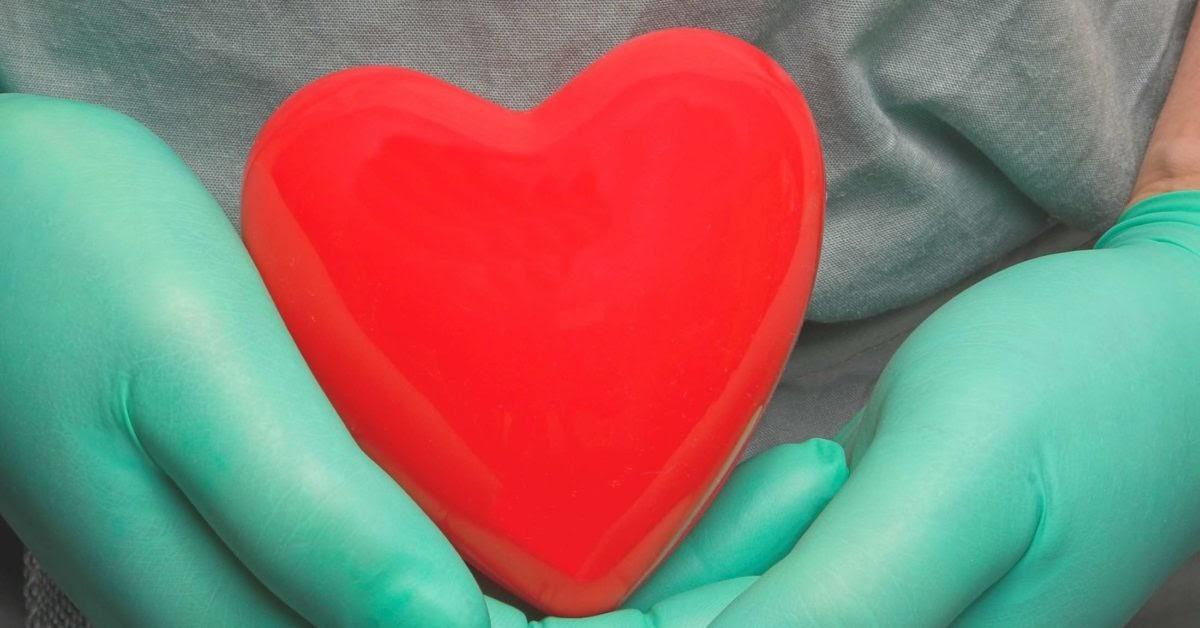
A heart transplant surgery is usually the last resort for the people on the edge of heart failure that couldn’t be preserved by any medications or other surgical procedures. In this surgery the failing heart is replaced by a healthier heart however not everyone is eligible for this procedure. Only the patients that fulfill certain criteria can get a heart transplant.
To know what that criterion is, how long it takes to recover, and all the other information you need to know about heart transplant surgery, we contacted one of the most qualified Cardiac Surgeons in Islamabad and asked them to answer all of the common queries related to heart transplant surgery. And here are all the answers:
Who Can Get A Heart Transplant Surgery?
The patients with coronary artery disease, a birth defect in their heart, a weakened heart, or a valve dysfunction are likely to get a heart transplant depending on their overall health, their age, and their ability to commit to a balanced lifestyle.
Doctors suggest that the candidate must be below 65 years of age, and must not have any other serious conditions like cancer, organ failure, or chronic sensitivities.
Even if you fulfill the criteria of being an ideal candidate for the heart transplant, you can get the procedure done only if you manage to find a donor heart that matches your blood and tissue type is available.
What Is The Procedure Followed?
The patient is placed on a heart-lung machine to continue the blood circulation during the transplant. It is approximately a 4-hour long procedure where the patient’s heart is taken out while keeping the pulmonary vein opened and the back wall of the left atrium intact.
Once the donor's heart is stitched back, it starts beating immediately. The patient is removed from the heart-lung machine and the heart starts pumping blood on its own.
In rare cases, the electric shock is applied to initiate the blood flow in the donor's heart.
What Is The Recovery Time?
The patient is kept in ICU for 1-2 days and then in the hospital ward for the rest of the week where the doctor monitors if any side-effects appear. If not, then the patient is discharged and can slowly return to their normal life within 6-8 months. The recovery also depends on the service and care provided. We found Islamabad Medical And Surgical Hospital really impressive in terms of service.
How Many Follow-Ups Are Required Once The Surgery Is Done?
Regular check-ups and scans are a must even if the patient seems fine apparently. If you experience fever, fatigue, shortness of breath, reduced urination, or weight gain, consult your cardiologist immediately.
Conclusion
Getting a new heart will greatly boost the wellbeing, but you'll have to take proper care of that though. You will need to maintain heart-healthy eating and exercise habits as recommended by your doctor, in addition to getting daily antirejection medicine. If you are able, this involves quitting cigarettes and working out daily. For patients who have undergone a heart transplant, success rates differ based on their general health status, but estimates remain high.
Also read about:
A Guide to Online Fuel Delivery App
What are Lab Grown Diamonds
Things Only Professional End of Lease Cleaners Know










